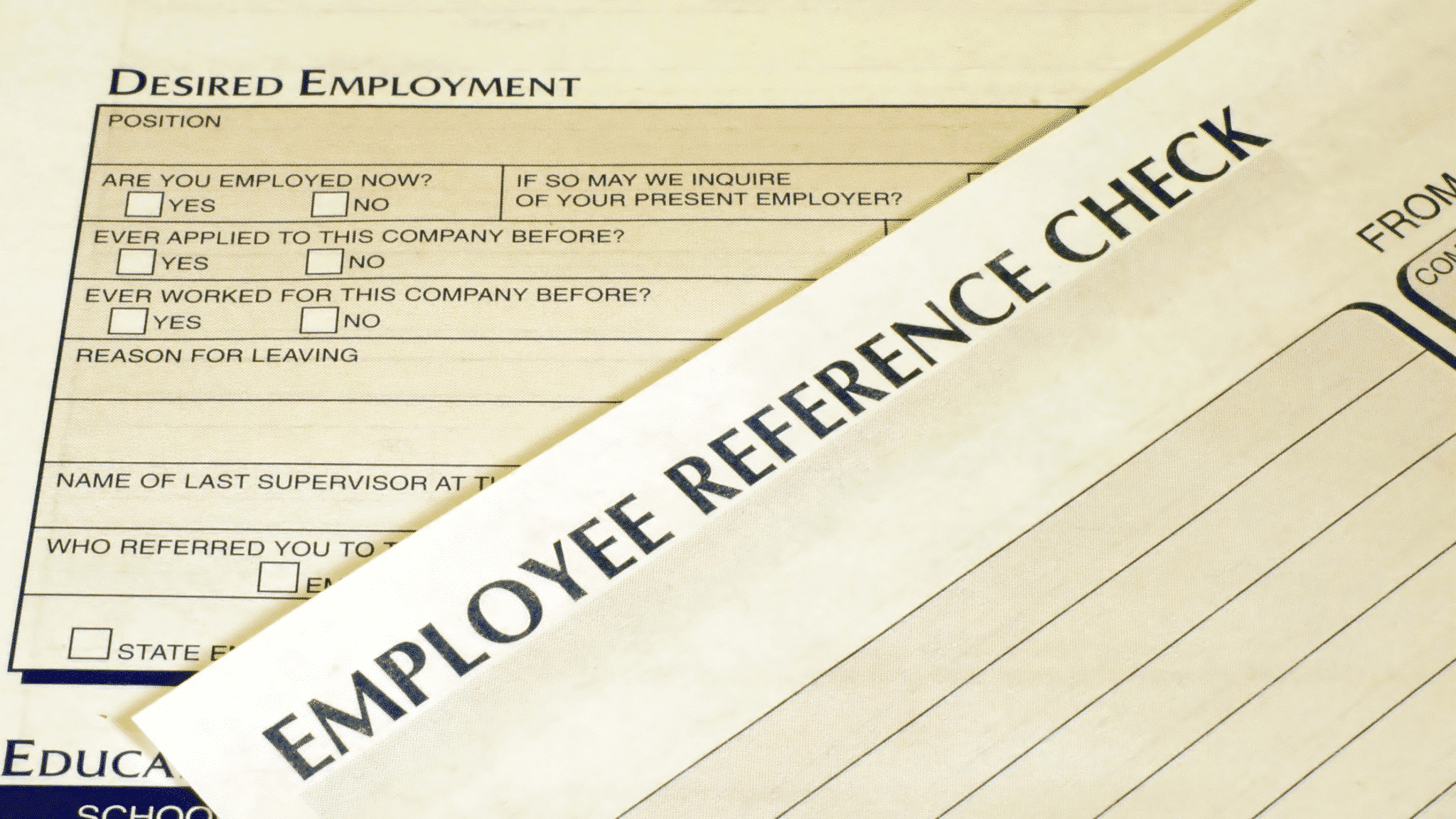
Onboarding Best Practices: How to Make Your New Employee Feel Welcome and Empowered
February 15, 2021
How to Conduct Reference Checks
March 17, 2021One of the biggest, most common struggles business owners have when hiring for an open position is deciding on a salary.
While salary doesn’t mean everything, it is an important consideration candidates take into account. Whether they want to continue the lifestyle they are accustomed to or they want to improve it, salary matters, and certainly weighs into the decision of whether to apply for your open position or accept your offer.
Employers need to find that delicate balance between what’s competitive, what the industry standards are, the candidate qualifications, and what they can afford.
Here are a few guidelines to consider when determining a salary range that’s fair for all.
Create a Solid Position Profile
A Position Profile is a more than just a job description. It’s a detailed document that describes the position responsibilities, qualifications, company, company values, and company culture. We recommend that you include the salary range in the Position Profile as well.
A Position Profile has the power to draw qualified Superstars to apply and repels the candidates who are not a good fit.
Think critically about the value this position brings to your company, and what it would free you up to do if you didn’t have to perform these tasks yourself. Think about the possible revenue this position could bring to your company. Would they pay for themselves? By determining the value the position will bring, you can get a better idea of compensation best practices.
Do Your Research
Determine the salary range of this position in other comparable companies. This will help you understand how the candidate’s experience and qualifications impact the salary expectation. Websites such as Glass Door, Indeed and LinkedIn can offer valuable information about what other companies are paying for a similar position. You could also ask industry peers.
Consider Your Location
Your location matters. A company based in a large city will be able to offer a higher salary for a position than a company based in a rural city. The higher cost of living in a big city merits the higher salary expectation, but you could use a cost of living calculator to determine what would be equivalent in your region.
Consider Your Company Size
A larger company with more resources to pull from would be able to offer a higher salary than that of a small company. The larger company’s position may encompass broader responsibilities, too, which would merit higher compensation.
Other Benefits
There’s certainly more value to a job offer than just the salary. Most employees are interested in health benefits, dental, retirement, vacation, and continuing education.
Identifying with the company culture and believing in its core values is important, too, and you can’t put a price tag on that. A study conducted by Glassdoor revealed that 56% of workers ranked a strong workplace culture higher than salary, and 73% said they would not apply to a company unless they believed in the company’s core values.
Deciding on an appropriate salary range for your candidate is about doing some research and finding a balance. How do you determine a salary range for the positions in your company?
If you need help with this or any other aspect of the hiring process, contact VisionSpark! We’re here to help you Hire With Confidence™!




